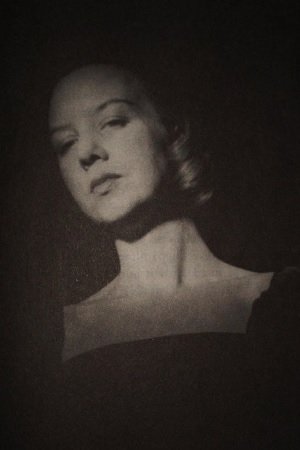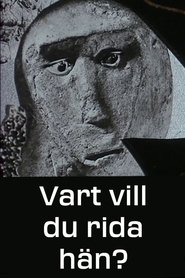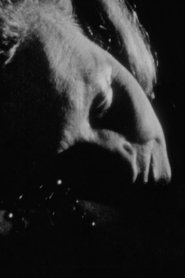
Rut Hillarp
Rut Hillarp was a poet and photographer, and worked as a college teacher for many years. She has a given place in Swedish literary post-war modernism where she appeared with both poetry collections and novels, characterized by an erotic picture world and mythological patterns. After a few decades of silence... as an author she returned in the 1980s as a poet, now experimenting with photographs and photomontage in connection with poetry. Less well-known is that her visual and expressive imagination was also expressed in some experimental films that came to be in collaboration with the Romanian photographer and filmmaker Mihail Livada, whose importance for Swedish experimental films is difficult to overestimate. Together they made Det underbara mötet (1949), an associative fantasy of a love meeting. Despite the technical limitations, Hillarp succeeded in imaging the strong sensualism that is at the heart of her lyrical creation. When the Svensk experimentfilmstudio – later called Arbetsgruppen för film – was formed in 1950, Hillarp continued with De vita händerna (1950), which, like its predecessor, was recorded on narrow film. De vita händerna – in addition to Livada also featured some of Hillarp’s poetry – is a recital of Tristan and Isolde where archaic picture elements follow each other. The film won prize as the Narrow Film of the Year 1950 and is one of the more famous works from the 1950s of the Swedish experimental film. Hillarp then did not appear publicly as a filmmaker until 1970, then with the collage film Where do you want to ride? based on a poem by Karl Vennberg. Birgitta Holm – who was a close friend of Rut Hillarp – published her diaries and a monograph in 2011, “Rut Hillarp: Poet and erotic genius”. These document her fascination for film, as well as her complicated relationship with the elusive Michail Livada. There are also other characters from the Swedish experimental film’s unexplored history making appearences, from Eivor Burbeck to Jean-Clarence Lambert.
También conocido como:

